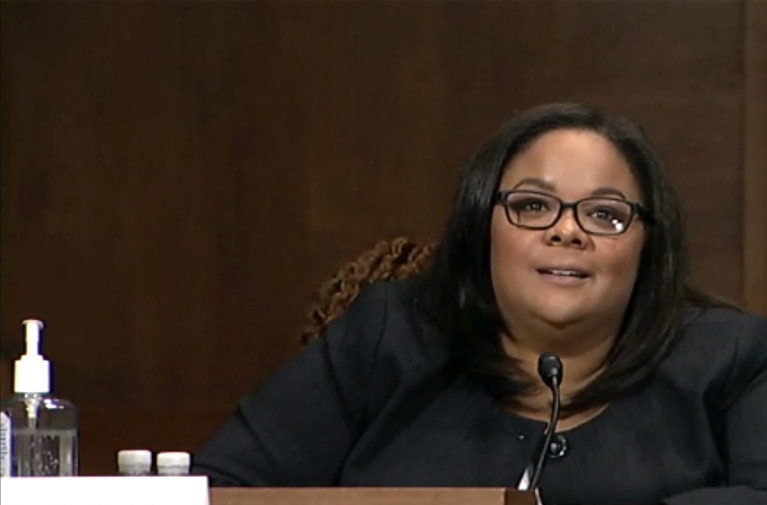On July 17, 2025, U.S. District Judge Jia M. Cobb dismissed a lawsuit filed by FBI agents and the FBI Agents Association, who sought to block the Trump administration’s Justice Department from disclosing their identities due to fears of retaliation for their roles in investigating the January 6, 2021, U.S. Capitol riot. The agents, who filed anonymously, claimed that compiling a list of those involved in the investigations was retaliatory and could lead to doxing, harassment, or worse, especially after former President Donald Trump pardoned approximately 1,500 individuals convicted in connection with the riot, including Proud Boys leader Enrique Tarrio, who had publicly called for retaliation against FBI agents.
Judge Cobb ruled that the agents’ fears, while serious, were “too speculative” to grant standing, as no evidence showed imminent disclosure of their identities. The dismissal followed jurisdictional discovery that found no indication the Justice Department planned to publicly release the list, which included details of about 5,000 to 6,000 agents but identified them only by employee ID numbers, not names. The lawsuit was dismissed without prejudice, allowing refiling if new evidence emerges. Attorneys for the agents, including Margaret Donovan and Chris Mattei, expressed readiness to return to court if the government fails to uphold its pledge not to disclose the identities.
The case stemmed from a February 2025 Justice Department directive under Acting Deputy Attorney General Emil Bove, who requested a list of all FBI personnel involved in January 6 and Mar-a-Lago investigations. This followed the firing of eight senior FBI officials and over a dozen prosecutors linked to Trump-related cases, raising concerns of a broader purge. Despite assurances from Bove that the list was for internal review and not mass layoffs, the agents argued it violated their First Amendment rights and federal privacy laws. The dismissal was seen as a win for the Trump administration, though posts on X reflected mixed sentiments, with some users supporting the decision as exposing agents who allegedly violated constitutional rights, while others viewed it as dismissing legitimate concerns about retaliation.
